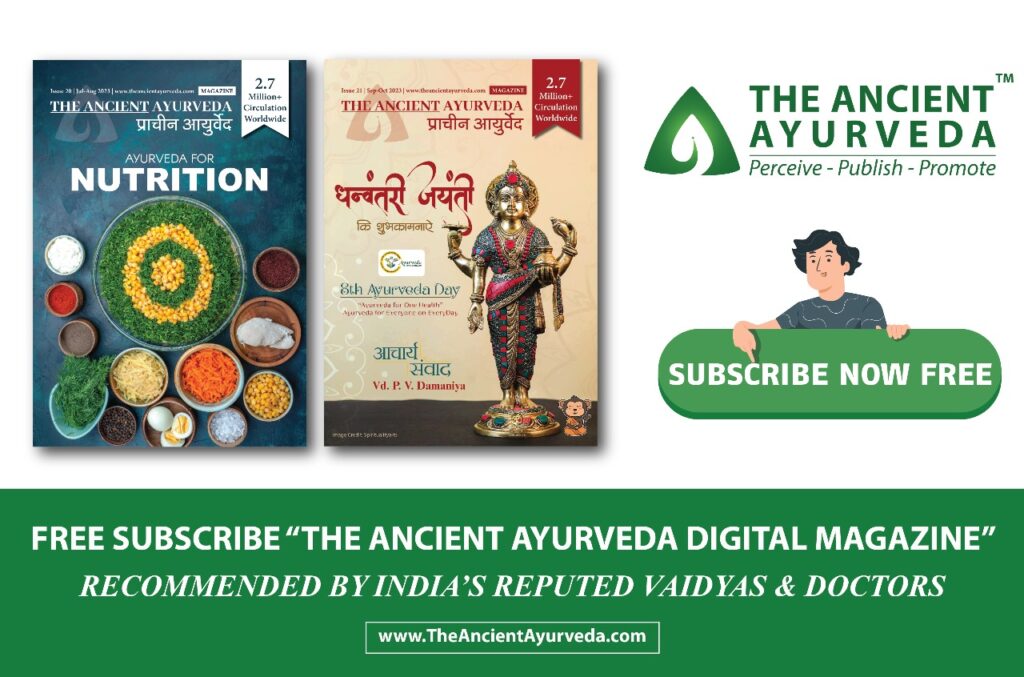Hypertensive Retinopathy is a serious condition that can affect the eyes, often as a result of long term high blood pressure. The delicate blood vessels in the retina can suffer damage, leading to a range of vision related issues. It is a serious concern that demands comprehensive attention.
Link between Hypertension and Retinopathy:
Vascular damage occurs due to prolonged high blood pressure can cause damage to the small blood vessels throughout the body, including those in the retina. The constant force of blood against the vessel walls can lead to structural changes and weakening.
Hypertension contributes to the narrowing and hardening of arteries which can restrict blood flow leading to ischemia (inadequate blood supply) in the retina.
As blood vessels weakens, they become more prone to leakage and can result in micro aneurysms, haemorrhages and fatty depositions in retina.
Elevated blood pressure can lead to swelling of the optic nerve head.
Risk of Vision Loss
If left untreated, hypertensive retinopathy can progress to more severe stages, potentially causing vision impairment or even blindness. The severity of retinopathy is often correlated with the duration and degree of elevated blood pressure.
Herbal Remedies
Ginkgo Biloba is known for its vasodilatory effects and ability to improve blood circulation. It contains flavonoids and terpenoids, which may contribute to its antioxidant properties, which may be beneficial in supporting overall eye health.
Bilberry (Vaccinium Myrtillus) is rich in anthocyanins, which are antioxidants that may help improve blood flow to the eyes. It has been traditionally used to enhance vision & may have potential benefits for individuals with hypertensive retinopathy.
Triphala is a well-known herbal remedy and is considered beneficial for eye health. It has antioxidant properties and may help in reducing oxidative stress. Amalaki (Indian gooseberry), is rich in Vitamin C and anti-oxidants.
Saffron (Crocus Sativus) contains compounds with antioxidant properties. It can be infused in warm water or milk and consumed.
Gugglu (Comiphora Wightii) is known for its anti-inflammatory and antioxidant properties.
Jyotishmati is a herb known for its neuroprotective and anti-inflammatory properties. It may included in ayurvedic formulations to support eye health.
Shatavari (Asparagus Racemosus) is known for its cooling and rejuvenating properties. It can be consumed as a powder or in the form of capsules.
Nasya therapy involves applying medicated oils or ghee to the nasal passages. Under the guidance of an Ayurvedic practitioner, specific nasya with oils/ghee may be recommended to support eye health.
Takra Dhara is a procedure that involves the continuous pouring of medicated buttermilk on the forehead. Benefits of same are cooling and calming the body & mind, reduces stress, improves sleep, etc.
Dietary Habits!!
Include foods rich in Vitamin A (carrots, sweet potatoes), Vitamin C (Amla, Oranges) and omega-3 fatty acids (flax seeds, walnuts).
Consume diet that is cooling and soothing to balance Pitta Dosha.
Precautions and Lifestyle Recommendations
Regular monitoring the blood pressure is a crucial step in preventing further damage to the retinal blood vessels.
Adherence to the prescribed medication is essential for controlling blood pressure.
Adopt a heart healthy diet i.e. low in sodium, saturated fats and cholesterol. Emphasize fruits, vegetables, whole grains, lean proteins and foods rich in potassium.
Maintain healthy weight through a balanced diet and regular physical activity. Losing excess weight can help lower blood pressure.
Limit alcohol consumption which can help control blood pressure.
Smoking is a risk factor for hypertension and vascular diseases. Quitting smoking can have numerous health benefits, including improving the health of your blood vessels.
Limit caffeine intake. While moderate caffeine consumption is generally considered safe, excessive intake may contribute to elevated blood pressure. Be mindful of your caffeine intake from coffee, tea and other sources.
Stay hydrated which is important for overall health as dehydration can affect blood pressure levels.
Alert!!
Regular eye examination are crucial for early detection of hypertensive retinopathy. Even individuals with well managed hypertension should have routine eye check ups to monitor the health of the retina and identify any signs of retinopathy.

